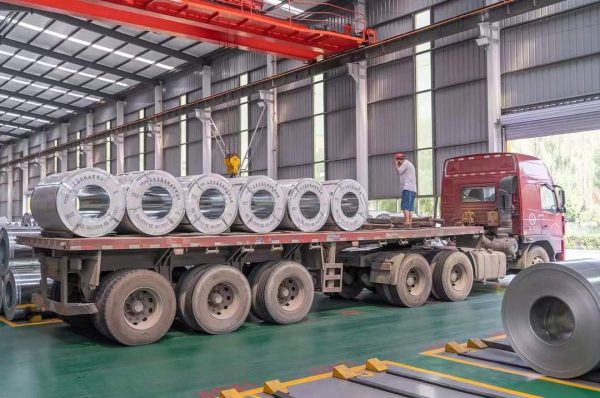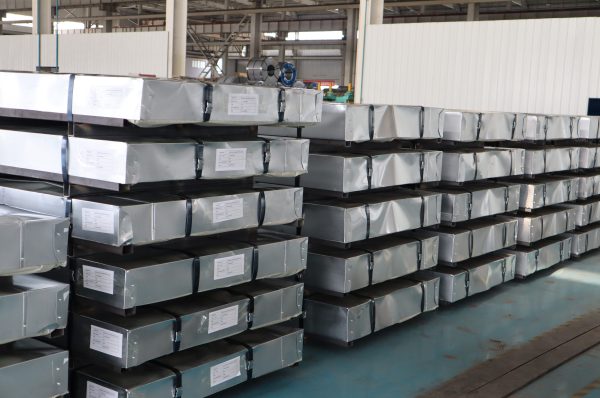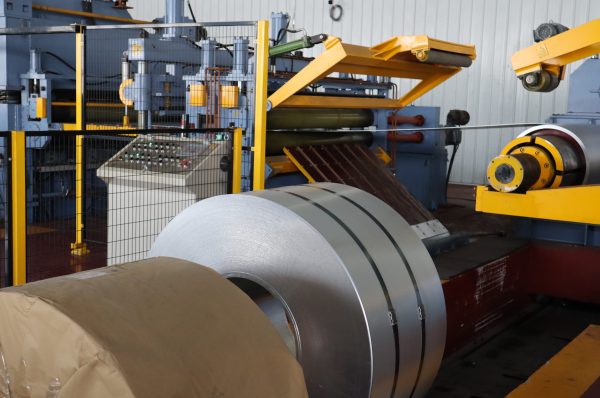Galvanized steel, known for its corrosion resistance and durability, is produced by coating steel with a layer of zinc. This coating provides a protective barrier against environmental factors such as moisture and chemicals. Galvanized steel is widely used in construction, automotive, and manufacturing industries due to its enhanced performance and longevity. This article introduces some common grades of galvanized steel, outlining their specifications and typical applications.
1. SGCC (Steel Grade Cold Coated)
SGCC is a standard grade of galvanized steel commonly used in various industrial and construction applications. It features a zinc coating that provides excellent corrosion resistance and is often used for manufacturing roofing sheets, wall panels, and other building materials. SGCC offers good mechanical properties and surface finish, making it suitable for applications where durability and aesthetics are important.
2. SGLC (Steel Grade Galvanized Cold)
SGLC is a galvanized steel grade with a focus on enhanced corrosion resistance and formability. It is used in applications requiring a high-quality surface finish and good coating adhesion. SGLC is often employed in automotive parts, electrical appliances, and household goods. The steel’s ability to maintain its protective coating under various conditions makes it ideal for environments where exposure to moisture and chemicals is common.
3. DX51D (Hot-Dip Galvanized Steel)
DX51D is a European standard grade of hot-dip galvanized steel with good general-purpose properties. It is characterized by its good weldability, formability, and corrosion resistance. DX51D is used in a wide range of applications, including automotive components, construction materials, and industrial products. Its versatile properties make it suitable for various environments and applications.
4. Z275 (Zinc Coated Steel)
Z275 refers to galvanized steel with a zinc coating thickness of 275 grams per square meter. This grade offers a higher level of corrosion protection compared to standard coatings. It is often used in applications exposed to harsh environmental conditions, such as outdoor structures, agricultural equipment, and infrastructure projects. The increased zinc coating thickness enhances the steel’s resistance to rust and extends its service life.
5. G90 (Zinc Coated Steel)
G90 is a designation for galvanized steel with a zinc coating thickness of 90 grams per square meter. It is commonly used in applications where moderate corrosion resistance is required. G90 is often used in building materials, such as metal roofing and siding, as well as in automotive parts and appliances. The grade provides a balance between cost and corrosion resistance, making it suitable for a variety of applications.
6. AZ (Aluminum-Zinc Coated Steel)
AZ steel is coated with a combination of aluminum and zinc, providing enhanced corrosion resistance compared to traditional galvanized steel. The aluminum-zinc coating offers improved durability and resistance to high-temperature environments. AZ steel is used in applications requiring superior weather resistance, such as roofing panels, automotive parts, and industrial equipment. Its ability to withstand harsh conditions makes it a preferred choice for long-lasting applications.
7. HGI (Hot-Dip Galvanized Iron)
HGI refers to hot-dip galvanized iron, which is produced by immersing iron in molten zinc to create a protective coating. This grade is known for its high corrosion resistance and is often used in outdoor and marine environments. HGI is commonly employed in the manufacturing of fencing, pipes, and structural components exposed to severe weather conditions.
8. GI (Galvanized Iron)
GI, or galvanized iron, is a broad term for iron or steel coated with zinc to prevent rust and corrosion. It includes various grades and coating thicknesses tailored for different applications. GI steel is used in a range of products, including roofing sheets, pipes, and home appliances. The steel’s durability and corrosion resistance make it suitable for both industrial and residential uses.
Conclusion
Galvanized steel is available in various grades, each offering specific benefits tailored to different applications. From standard grades like SGCC and DX51D to specialized coatings such as Z275 and AZ, each type of galvanized steel provides unique advantages in terms of corrosion resistance, mechanical properties, and surface finish. Understanding the characteristics of these grades helps manufacturers and engineers select the appropriate material for their needs, ensuring optimal performance and longevity in diverse environments.



